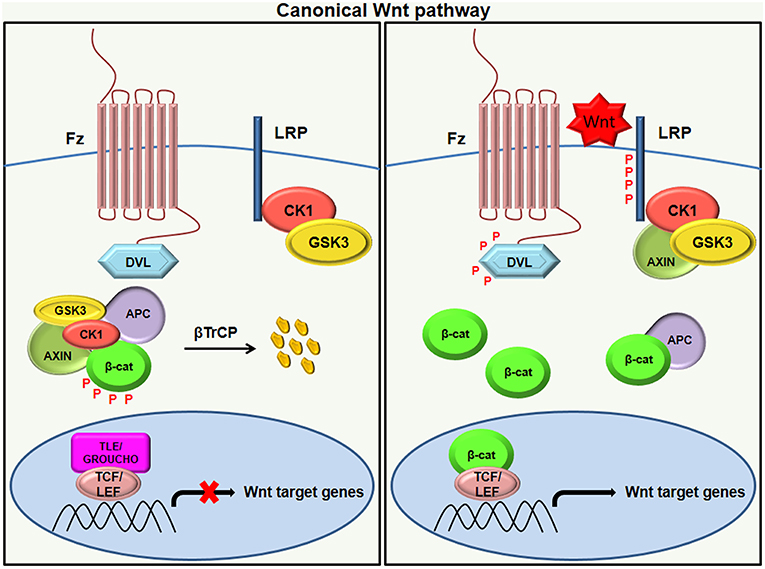A New Model for Schizophrenia?

What is Schizophrenia?
Schizophrenia is a mental illness that is heavily stigmatized. Once diagnosed, it has an impact on both the patients and those around them. The symptoms are so severe and complicated that they are nearly impossible to fully treat. The most commonly used treatments target the positive symptoms of schizophrenia, such as delusions and hallucinations.
How is Stress Related to Schizophrenia?
Stress is extremely harmful to all populations. The most vulnerable are children who have predisposed genes linked to schizophrenia. They will almost certainly develop schizophrenia if they have a stressful childhood. Early childhood environmental disturbances can disrupt the biological development clock and processes, and can later manifest as brain abnormalities that lead to psychosis.
The Role of Wnt Signaling
In a paper by Singh, Schizophrenia was defined as a neurodevelopmental disorder caused by a wnt pathway malfunction. The underlying pathology and biology of the disease are unclear at the molecular level. In addition to positive and negative symptoms, schizophrenia is associated with cognitive delay and early brain function deficits.

The authors bring up a novel way to study schizophrenia and its underlying molecular pathway by linking it to the wnt pathway. Beta catenin is a key player in the wnt signaling pathway. In the absence of wnt as a ligand, a destruction complex is active. The destruction complex composed of gsk3beta, axin, apc, and ck1 alpha reduces the cytosolic concentration of beta catenin via proteasomal degradation. The destruction complex dissociates when wnt is present. The subsequent increase in beta catenin activates the nucleus’ TCF/LEF transcription factors, inducing transcription of a target gene. The figure below is a good schematic of this signaling pathway.

In the study, the authors point out that in schizophrenia, gsk3beta is overactive due to absence of AKT-its inhibitory regulator. This ensures continued degradation of beta catenin, thereby silencing transcription of TCF/LEF genes. This can cause cellular responses that build up to become development abnormalities in tissues and organs like the hippocampus, hypothalamus, and even the cortex. This hypothesis explains why schizophrenia tends to decrease brain volume as shown in the image here.
In addition to gsk3beta, Singh discusses 3 other pointers that link schizophrenia to wnt signaling:
– In schizophrenia patients, the expression of several Wnt-related genes was significantly reduced in the prefrontal cortex.
– Genetic variations in genes (DISC1) involved in the Wnt signaling pathway may increase the risk of developing schizophrenia.
– Antipsychotic drugs used to treat schizophrenia modulate the Wnt signaling pathway.
All things considered, the connection between schizophrenia and the Wnt signaling pathway is complicated and still not entirely understood. Evidence, however, points to the possibility that abnormalities in the Wnt signaling pathway may contribute to the pathophysiology of schizophrenia, and that focusing on this pathway could be a promising route for the creation of novel therapies.
The medical research field needs more such advances because they are critical to drug and therapy enhancement. Identifying patient populations with specific biological pathway markers could identify them as the best candidates for medications, resulting in the personal pharmacology needed to treat psychiatric disorders, making treatment more efficient and effective. This type of research could aid in explaining how and why medications work. For example, how and why some antipsychotics that target GSK3 are effective in the treatment of schizophrenia.
https://moodle.cord.edu/pluginfile.php/1239779/mod_resource/content/2/2013%20wnt%20GSK%20and%20schizophrenia.pdf